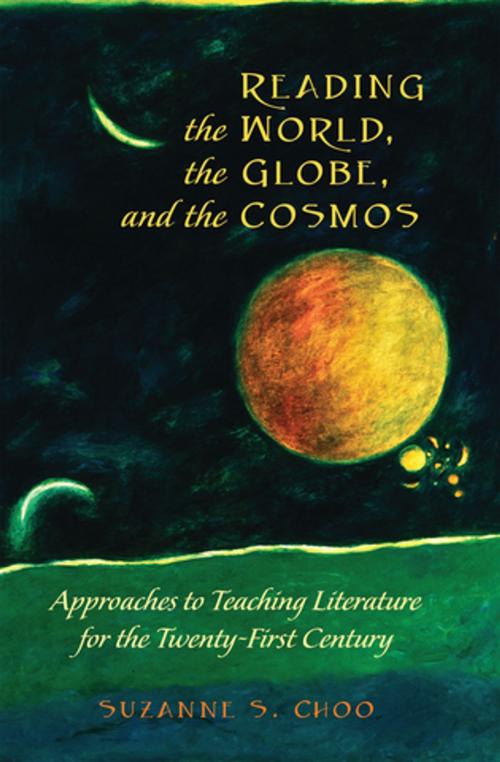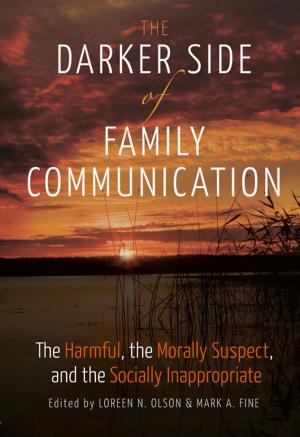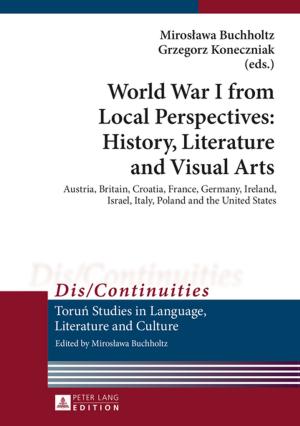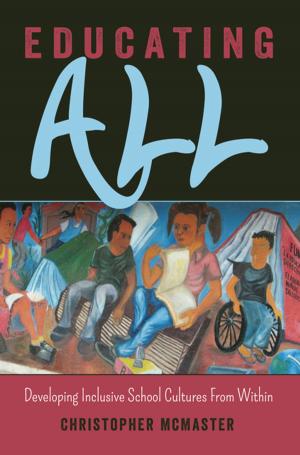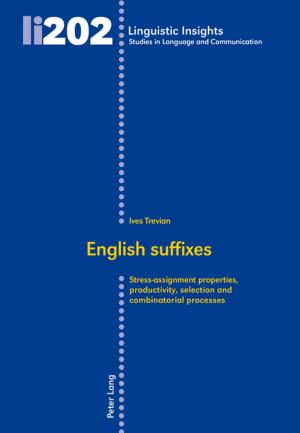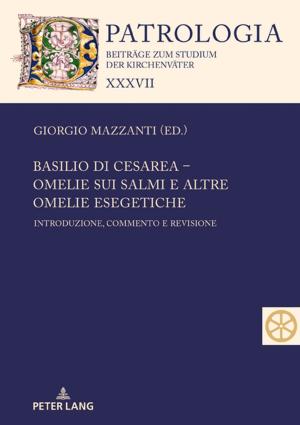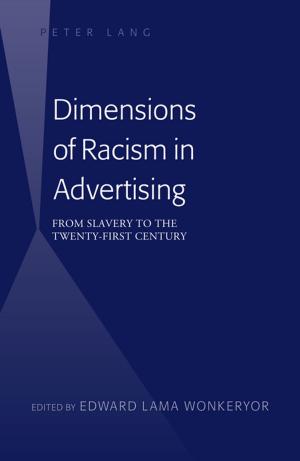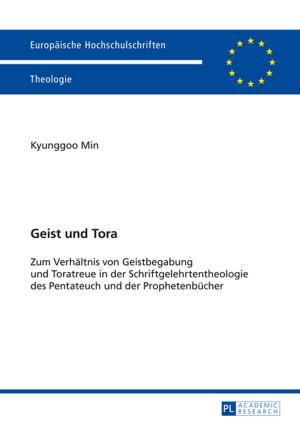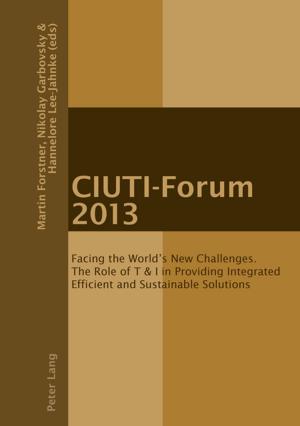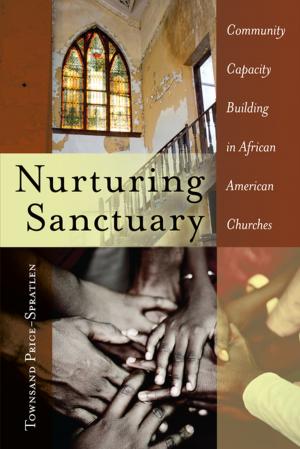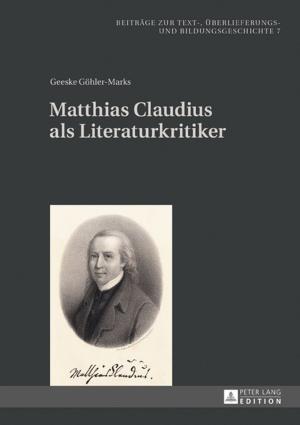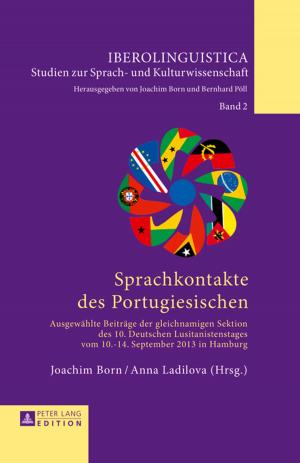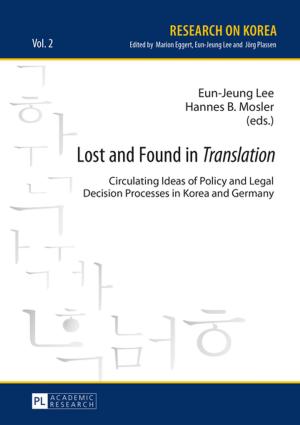Reading the World, the Globe, and the Cosmos
Approaches to Teaching Literature for the Twenty-first Century
Nonfiction, Reference & Language, Education & Teaching, Educational Theory, Aims & Objectives, Elementary, Teaching, Teaching Methods| Author: | Suzanne S. Choo | ISBN: | 9781454199892 |
| Publisher: | Peter Lang | Publication: | December 9, 2014 |
| Imprint: | Peter Lang Inc., International Academic Publishers | Language: | English |
| Author: | Suzanne S. Choo |
| ISBN: | 9781454199892 |
| Publisher: | Peter Lang |
| Publication: | December 9, 2014 |
| Imprint: | Peter Lang Inc., International Academic Publishers |
| Language: | English |
This book won the 2014 AESA (American Educational Studies Association) Critics Choice Award.
The purpose of this book is restore the centrality of pedagogy in governing the ways literary texts are received, experienced, and interpreted by students in the classroom. Utilizing a method of pedagogical criticism, it provides an account of core approaches to teaching literature that have emerged across history and the conceptual values informing these approaches. More importantly, Reading the World discusses how these values have been shaped by broader global forces and key movements in the discipline of English Literature. To varying degrees, these approaches are aimed at cultivating a hospitable imagination so that students may more fully engage with multiple others in the world. Given the reality of an increasingly interconnected twenty-first century, literature pedagogy plays a vital role in schools by demonstrating how world, global, and cosmopolitan approaches to teaching literature can facilitate the prioritization of the other, challenge us to think about how we can be accountable to multiple others in the world, and push us to continually problematize the boundaries of our openness towards the other.
This book won the 2014 AESA (American Educational Studies Association) Critics Choice Award.
The purpose of this book is restore the centrality of pedagogy in governing the ways literary texts are received, experienced, and interpreted by students in the classroom. Utilizing a method of pedagogical criticism, it provides an account of core approaches to teaching literature that have emerged across history and the conceptual values informing these approaches. More importantly, Reading the World discusses how these values have been shaped by broader global forces and key movements in the discipline of English Literature. To varying degrees, these approaches are aimed at cultivating a hospitable imagination so that students may more fully engage with multiple others in the world. Given the reality of an increasingly interconnected twenty-first century, literature pedagogy plays a vital role in schools by demonstrating how world, global, and cosmopolitan approaches to teaching literature can facilitate the prioritization of the other, challenge us to think about how we can be accountable to multiple others in the world, and push us to continually problematize the boundaries of our openness towards the other.
